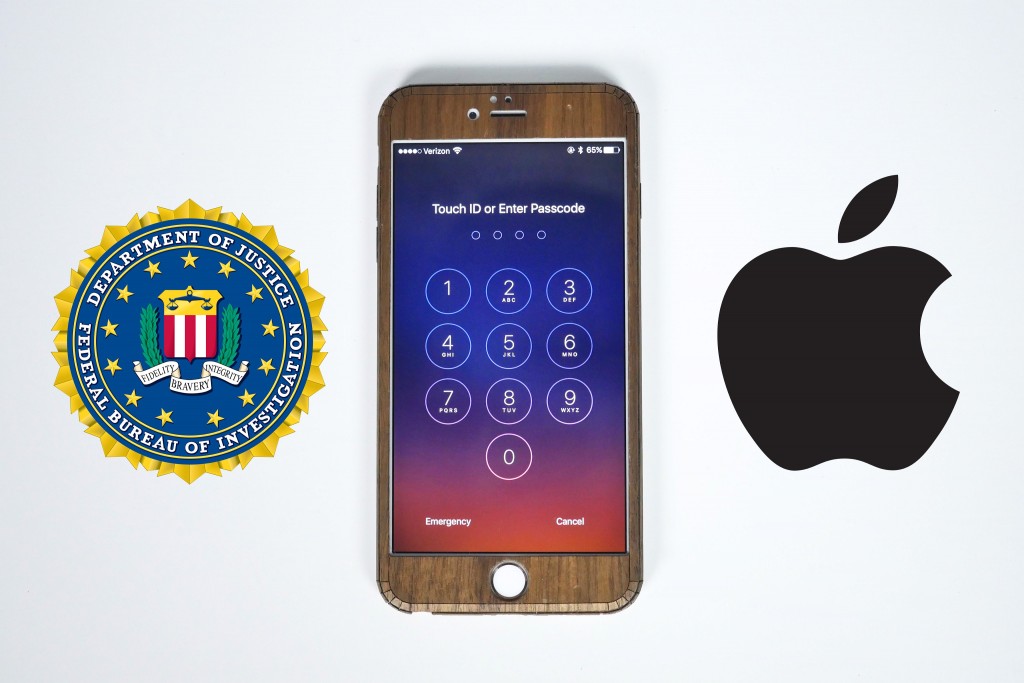
The question facing us with the case of Apple v. the FBI is not just about privacy, it is also about our decision to put our trust and public safety in the hands of corporations like Apple rather than our local, state, and federal law enforcement and governments.
Are there law enforcement agencies and governments who are dangerous and would use information gathered to oppress and harm? Of course. However; are there weak and ineffective law enforcement and governments who cannot provide safety and security for its citizens, so criminals and terrorists oppress and harm? Again, a rhetorical question.
In the United States, we have an historical precedent to consider. When telephones were invented it took away the ability of law enforcement to obtain a warrant and search an alleged criminal’s letters and financial transactions to find evidence to convict. After several years of wrangling, Congress passed laws making it legal to obtain a warrant to listen in on voice calls and to trace financial transactions done over voice lines to gather evidence.
More recently we have used variants of this law to listen in on suspected terrorists to thwart their actions and stop mass murders.
These laws have been very successful in convicting criminals and stopping terrorism. Where would we be without them?
Apparently now Apple wants us to find out.
Apple and others have deployed new technologies that currently block law enforcement and governments from obtaining evidence and thwarting terrorism. These technologies are affording criminals and terrorists the ability to plan and communicate (encrypted voice and data) and receive and spend money (transact money via Bitcoin) with impunity.
The question that faces us is one regarding threat of privacy vs. threat of security. There are slippery slopes on either sides of this question. What do you think should be done?
Leave A Comment